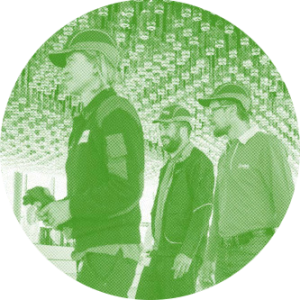Solutions
Dalkia provides a full spectrum of energy efficient technologies and services to commercial and industrial companies nationwide.

Solutions
Dalkia provides a full spectrum of energy efficient technologies and services to commercial and industrial companies nationwide.
